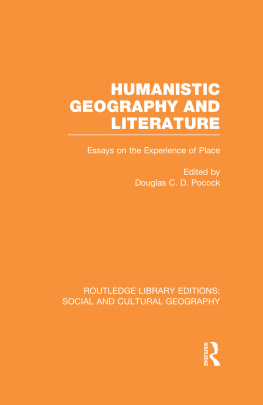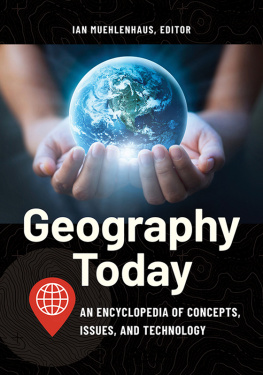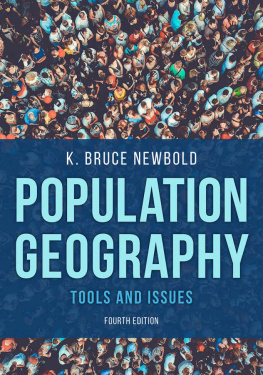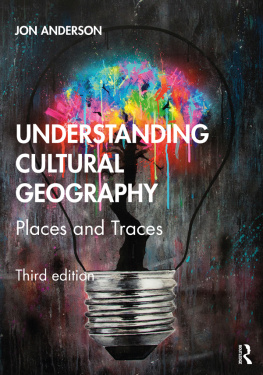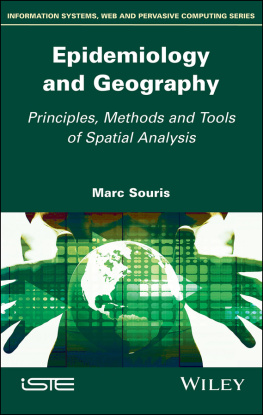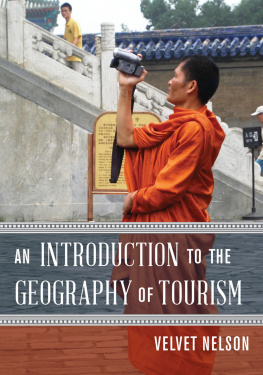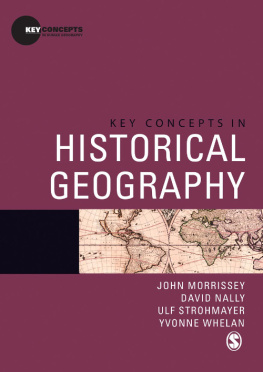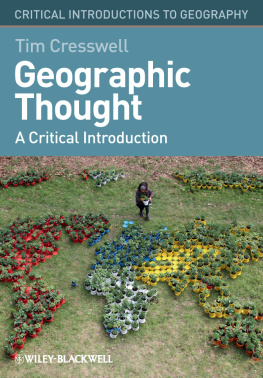
ROUTLEDGE LIBRARY EDITIONS: SOCIAL AND CULTURAL GEOGRAPHY
Volume 13
HUMANISTIC GEOGRAPHY AND LITERATURE
HUMANISTIC GEOGRAPHY AND LITERATURE
Essays on the Experience of Place
Edited by
DOUGLAS C. D. POCOCK

First published in 1981
This edition first published in 2014
by Routledge
2 Park Square, Milton Park, Abingdon, Oxon, OX14 4RN
and by Routledge
711 Third Avenue, New York, NY 10017
Routledge is an imprint of the Taylor & Francis Group, an informa business
1981 Douglas C. D. Pocock
All rights reserved. No part of this book may be reprinted or reproduced or utilised in any form or by any electronic, mechanical, or other means, now known or hereafter invented, including photocopying and recording, or in any information storage or retrieval system, without permission in writing from the publishers.
Trademark notice: Product or corporate names may be trademarks or registered trademarks, and are used only for identification and explanation without intent to infringe.
British Library Cataloguing in Publication Data
A catalogue record for this book is available from the British Library
ISBN: 978-0-415-83447-6 (Set)
eISBN: 978-1-315-84860-0 (Set)
ISBN: 978-0-415-73362-5 (Volume 14)
eISBN: 978-1-315-84825-9 (Volume 14)
Publishers Note
The publisher has gone to great lengths to ensure the quality of this reprint but points out that some imperfections in the original copies may be apparent.
Disclaimer
The publisher has made every effort to trace copyright holders and would welcome correspondence from those they have been unable to trace.
Humanistic Geography and Literature
Essays on the Experience of Place
Edited by Douglas C. D. Pocock
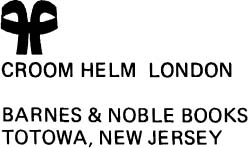
1981 Douglas C. D. Pocock
Croom Helm Ltd, 210 St Johns Road, London SW11
British Library Cataloguing in Publication Data
Humanistic geography and literature. - (Croom Helm series in geography and environment).
1. Local colour in literature
2. English literature - History and criticism
I. Pocock, Douglas, Charles David
820.932 PR149.L/
ISBN 0-7099-0193-3
First published in the USA 1981 by
Barnes & Noble Books,
81 Adams Drive,
Totowa, New Jersey, 07512
ISBN 0-389-20158-8
Printed in Great Britain by
Biddles Ltd, Guildford, Surrey
CONTENTS
Table
Figures
This volume is composed of thirteen original essays on the theme of geography and literature. It evolved from a special session organised by the editor at the meeting of the Institute of British Geographers in Manchester in January 1979. With the exception of Evangeline Paterson, co-author with her husband in a joint contribution, all the authors are academic geographers who value imaginative literature as a rich source for exploring the nature of the manenvironment relationship, for which the hard positivistic stance is inappropriate. Collected broadly under the theme of experience of place, the diverse contributions fall perhaps into three main groupings according to whether emphasis is on the nature of imaginative literature as a source, insight into particular experiences, or illumination of particular places. The deliberate perspective applied to imaginative literature in this collection will, it is hoped, be of value not only to human geographers but also to students of English literature.
As editor of the volume, I acknowledge my gratitude to those fellow geographers who approved of the project and supported it by kindly contributing essays. I am also heavily in debt to Edith Pocock for producing the bulk of the typescript. Last, but not least, acknowledgement is given to both written word and lived environments that have provided, and continue to give, both enlightenment and nurture.
Douglas Pocock
Department of Geography
University of Durham |
INTRODUCTION: IMAGINATIVE LITERATURE AND THE GEOGRAPHER |
Douglas C. D. Pocock |
Imaginative literature, a relatively small subset of the vast heterogeneous field of the printed word, has recently been espoused used would be an inappropriate description by a growing band of geographers seeking alternative perspectives and insights in the study of man-environment relationships. Disillusioned by an era of logical positivism, maybe shellshocked by the quantitative revolution, perhaps rediscovering the literary heritage of geography whatever the reason, the realm of literature has attracted increasing attention from our eclectic discipline. For such engagement to be profitable and lasting, there must be at the outset a proper appreciation of the two participants.
Geography and Literature
Literature is an artistic creation and not a scientific construction, while geography or human geography may be either an art or social science. The latter, however, is acknowledged as an inappropriate stance from which to engage literature. Objective techniques, such as content or structural analysis, for example, cannot capture the essence of the created word, even though the data produced may suggest new aspects of interpretation.
The primacy of literature and the holistic nature of literary revelation are also acknowledged by the geographer, which may prompt the question whether the latter is not engaged on some secondary pursuit analysing the imagination of others rather than acting more creatively himself. The answer to such musing must be no, since, if literature is universal and speaks to the human condition, it cannot belong exclusively to students of literature. Literature illuminates all, and many disciplines concerned with man make use of its insights.
Geography, of course, has traditionally been the discipline without exclusive source material, engaged in a borrowing exercise in which a distinctive and integrative viewpoint is brought to bear. Acknowledging the complementary field of literary criticism alongside creative literature, the geographers perspective here seeks primarily to enrich At the same time, however, it must be emphasised that the geographer cannot avoid bringing, even subconsciously, his or her own particular academic experience into the realm of imaginative literature, and that in this process the aim is in fact akin to that of literary criticism, in that any analysis is for the ultimate benefit of greater synthesis. To reiterate, the difference between the literary critic and geographer is that the former is ultimately concerned with the totality of the literary work, the geographer with his particular theme of study. Before turning to particular perspectives and types of literary engagement by geographers, further comments on the nature of literature and literary revelation may prove helpful.
The Nature of Literary Revelation
It is the deliberately cultivated subjectivity of the writer which makes literature literature and not, say, reporting. It is the work of the heart as well as the head; it is emotion, often recollected later, perhaps in tranquillity, when an earlier stimulus is reworked and given expression, in the manner perhaps that the painter in his studio may develop his quickly pencilled field sketch. Such a process is not to deny factual reproduction, for literature is often referred to as a mirror, reflection or microcosm of reality. Arnold Bennett, for example, is admired by Conrad for having achieved absolute realism. Such relationship is necessary for reasons of authenticity otherwise we are in the realm of science fiction, fantasy or allegory but it is not of the
Next page
